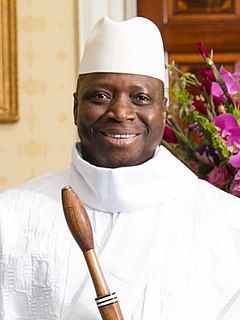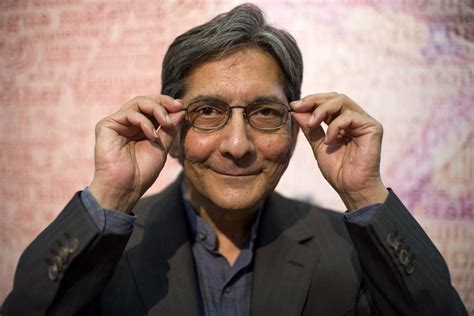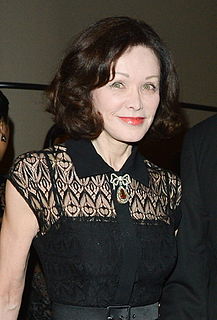Ein Zitat von Roger Rees
Jetzt wissen wir natürlich, dass die Apartheid in Südafrika ein Ende hat, aber was mich begeisterte, war, sie im Kontext der Geschichte zu sehen.
Themen zitieren
Verwandte Zitate
Meine Familie mütterlicherseits stammt aus Südafrika und als ich klein war und meine Eltern sich trennten, gingen meine Mutter und ich zurück nach Südafrika. Für mich stand die Entstehung meines eigenen Kindheitsbewusstseins im Kontext der Apartheid in Südafrika der 1970er und 1980er Jahre und der dortigen Bewegung.
Ich wurde in Südafrika zur Zeit der Apartheid geboren, einem Gesetzessystem, das es den Menschen illegal machte, sich in Südafrika zu vermischen. Und das war natürlich unangenehm, weil ich in einer gemischten Familie aufgewachsen bin. Meine Mutter ist eine schwarze Frau, eine südafrikanische Xhosa-Frau ... und mein Vater ist Schweizer, aus der Schweiz.
Und jetzt ist Südafrika endlich aufgewacht und leistet großartige Dinge. Und wenn Südafrika zum Vorbild dafür wird, was AIDS auf dem Subsahara-Kontinent bedeutet, werden alle anderen Länder diesem Beispiel folgen. Und Michel Sidibe, der heute Morgen beim Frühstückstreffen sprach, sagte, dass es so viel Hoffnung für Afrika gebe, nachdem Südafrika nun seine Ordnung in Ordnung gebracht habe.
Ich erinnere mich an meine Gefühle an dem Tag, als wir sahen, wie Nelson Mandela aus dem Gefängnis entlassen wurde. Schreiben und Literatur wurden in Südafrika während der Anti-Apartheid-Jahre zu einer „kulturellen Waffe“. Sie mussten es nutzen, um die Apartheid zu bekämpfen, und einige von uns haben sich dagegen gewehrt. Am Ende erkennen Sie, dass Sie es mit einer Regierung zu tun haben, die keine Skrupel hat, Kultur und Kunst zu nutzen, um Sie zu unterdrücken.
Ich bin im amerikanischen Süden aufgewachsen, dem segregierten Süden. Jetzt haben wir einen schwarzen Mann, der Präsident ist. Es war eine Zeit der Apartheid, und jetzt ist sie vorbei. Es war eine Zeit, in der zwei Supermächte im Kalten Krieg eingefroren waren, und das ist nun gelöst. Die Geschichte geht also weiter, mit Ausnahme dieses arabisch-israelischen Konflikts, der Anspruch auf Ewigkeit zu haben scheint.
Ich erinnere mich, dass ich von dem, was dort gegen Ende der Apartheid geschah, sehr betroffen war. Und das Thema ist politisch immer noch sehr relevant für das, was heute auf der Welt im Hinblick auf die Aushandlung von Friedensgesprächen geschieht. Ich hatte mich aus verschiedenen Gründen schon immer für diese Zeit des Wandels in Südafrika interessiert.



































